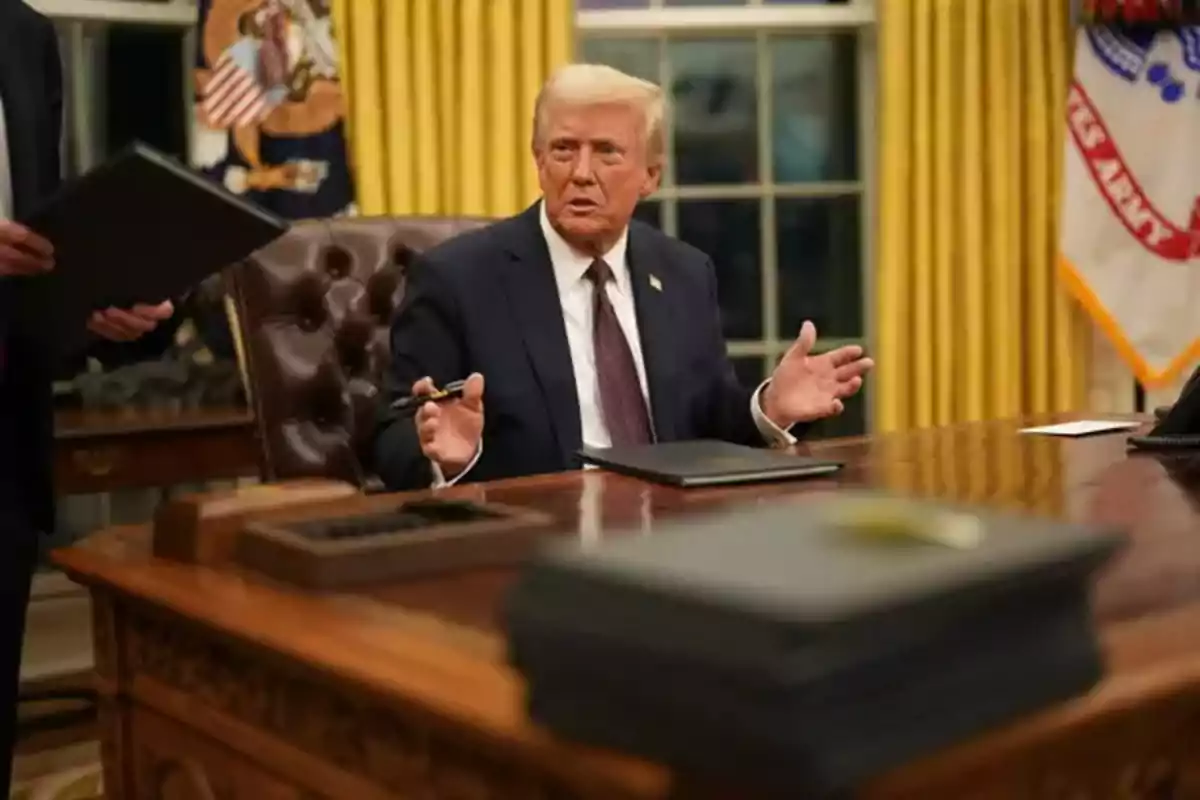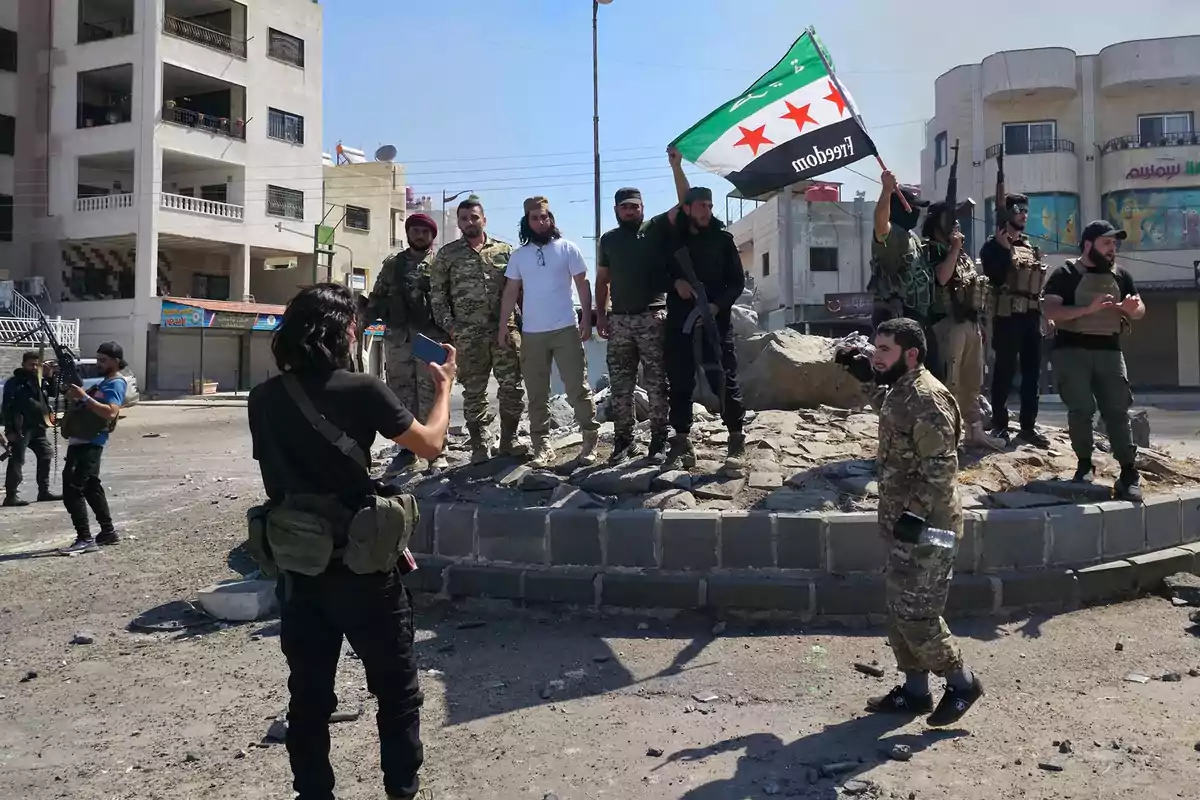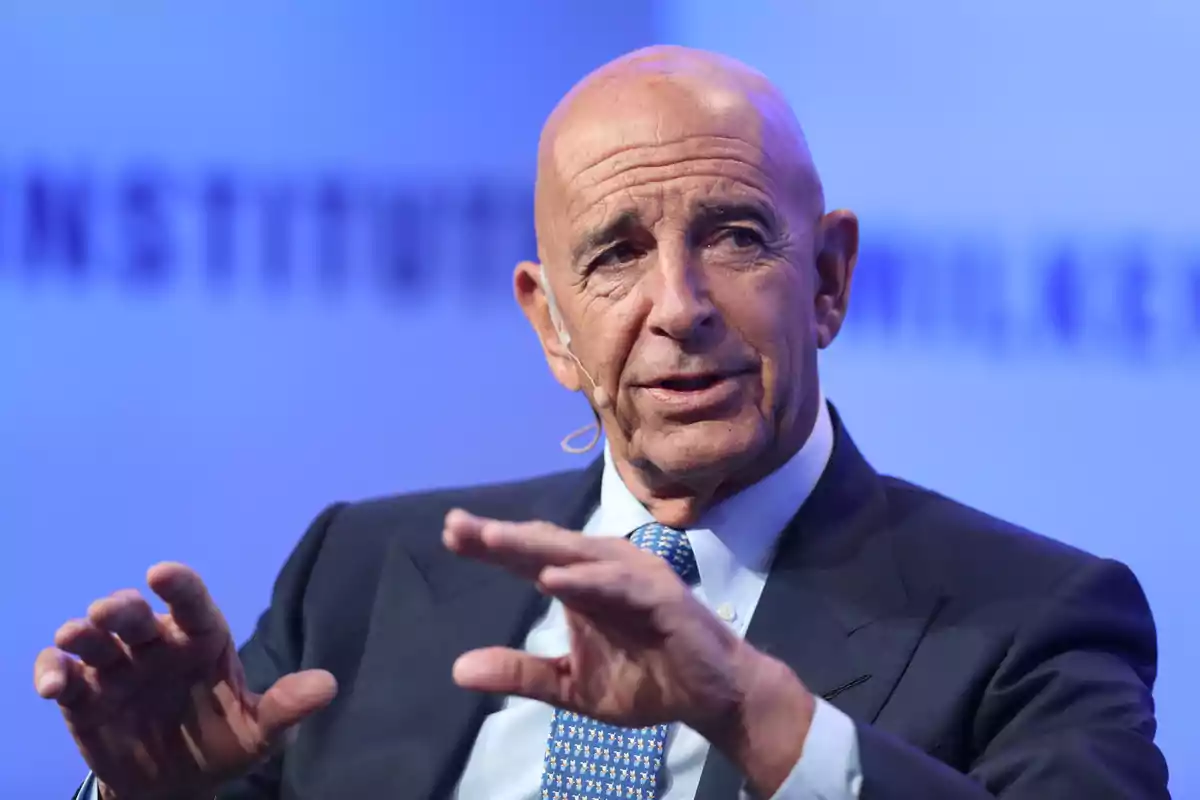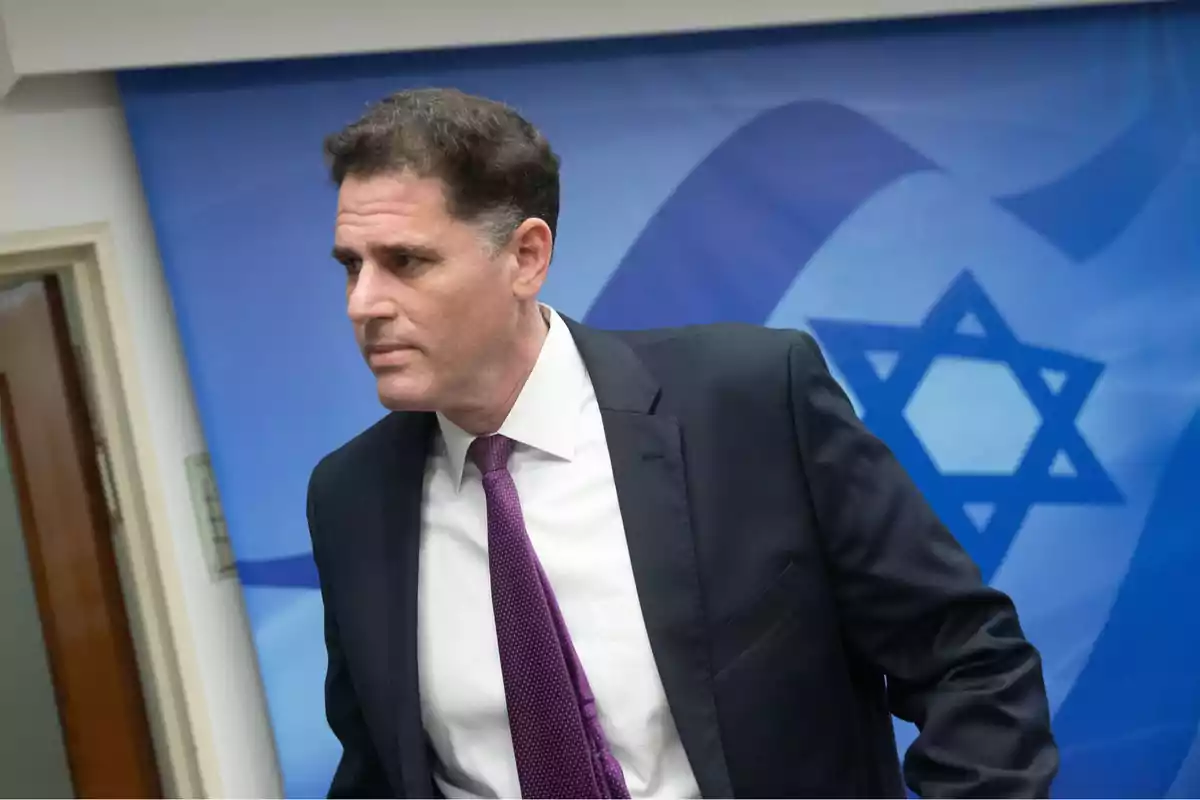
Israel and Syria are close to agreeing on a humanitarian corridor thanks to Trump
The U.S. delegation is in advanced negotiations with Israel and Syria to deliver humanitarian aid to the Druze community
Israel and Syria, with the mediation of the Trump administration, are in advanced talks to establish a humanitarian corridor that would allow aid delivery to the Druze community in the Syrian city of As-Suwayda, according to a U.S. official and two Israeli officials.
This potential agreement would mark an unexpected shift in relations between the two countries, which have been virtually frozen for 25 years, and could represent progress toward possible normalization in the future.
The initiative comes after Israeli airstrikes in Syrian territory last month to protect the Druze population of As-Suwayda, which was under siege by Bedouin Islamic militias. Clashes between these two groups have left hundreds dead and tens of thousands displaced.

Israeli, U.S., and Syrian officials will meet next week.
This city, considered a stronghold of the Druze minority in Syria, has become a hotspot of tension during the country's complex postwar transition process. Despite a marked truce, the area remains unstable.
Tom Barrack, U.S. special envoy for Syria, will meet next week in Paris with Israel's Minister of Strategic Affairs, Ron Dermer, and Syria's Minister of Foreign Affairs, Asaad al-Shaibani, in an attempt to reach an agreement on the humanitarian corridor. This will be the second meeting of its kind in three weeks, something unprecedented after decades of no diplomatic contact.
The meeting was initially scheduled for this Wednesday, but was postponed to fine-tune the details and agenda. The active participation of the United States also seeks to advance its own regional stabilization strategy and resume diplomatic dialogue.

A historic breakthrough is under negotiation.
Although the proposal has caused positive expectations, it also faces challenges. The Syrian government expressed to the United States its concern that Druze militias could use the corridor to traffic weapons. This suspicion adds to the context of mutual distrust and fears that opening the corridor could be exploited for military or political purposes.
Israel, meanwhile, has expressed its full commitment to protecting the Druze community in Syria. A few weeks ago, the Jewish state tried to send aid to Suwayda through Jordan, but the Jordanian government refused. In response, the Israeli army chose to air-drop humanitarian aid.
On Tuesday, Barrack met with the ministers of Jordan and Syria to explore ways to stabilize the situation and create conditions for humanitarian access. If a humanitarian corridor between Israel and Syria is established, this would represent a historic breakthrough, not only for the relief it could provide to the Druze population in crisis, but also for its political potential.

More posts: